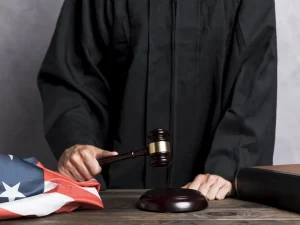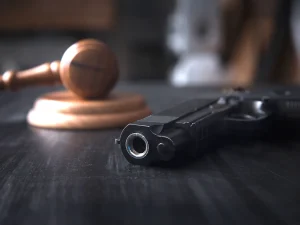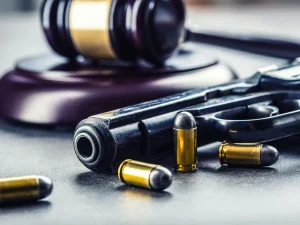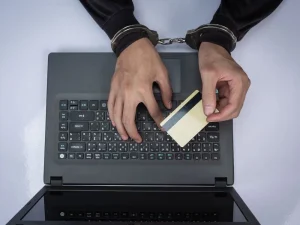People incarcerated in federal prisons typically have to serve the entirety of their sentences unless they are eligible for parole or get credit for good behavior. In some instances, though, federal prisoners may be able to obtain a compassionate release. Only reasons enumerated by statute qualify for release, however, as explained in a recent Florida case in which the court denied the request for compassionate release of a defendant convicted of robbery. If you are accused of robbery or another theft crime, it is prudent to consult a Tampa theft offense defense attorney to determine what measures you can take to protect your rights.
Procedural Background of the Case
It is alleged that the defendant was convicted of numerous robbery-related crimes and sentenced to 270 months in federal prison. In addition to his robbery offenses, he had previously been arrested for several other crimes. He subsequently filed a motion for compassionate release pursuant to federal law on the grounds that he had multiple medical conditions and was exposed to an increased risk of COVID-19.
It is reported that the government opposed the defendant’s motion, noting that the defendant’s claimed conditions did not qualify as one of the medical conditions set forth in the statutory guidelines that constitute grounds for granting compassionate release. The court agreed with the government’s reasoning and denied the defendant’s motion. The defendant then appealed. Continue Reading ›
 Tampa Criminal Lawyer Blog
Tampa Criminal Lawyer Blog



















